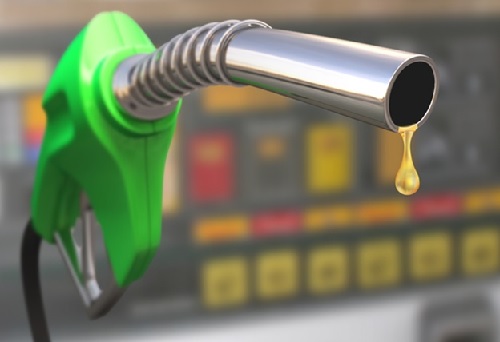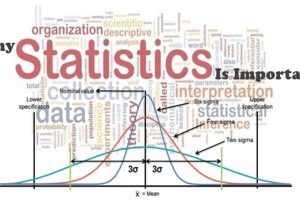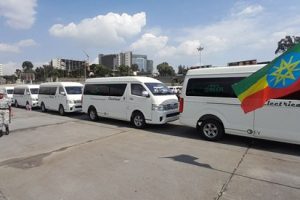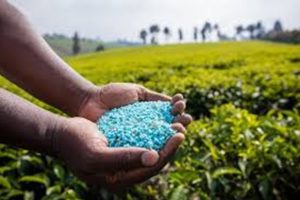
BY ABEBE WOLDEGIORGIS
The government of Ethiopia decided to lift fuel subsidy on selected transport units. It is expected that the new plan to subsidize only the legible transport sections will be implemented few days later on.
Seven public institutions have been preparing unilaterally and bilaterally and now they are ready to implement the plan. Official report the Ministry of Finance indicated that, starting from 8 July 2022, the rule will be introduced. It is expected that the outcome will be positive.
As to the Ministry, the government has been allocating around 130 billion Birr for fuel subsidy annually so far and keeping up in this pattern is becoming beyond capacity of the nation. Thus, the government designed new strategy to pull out itself from providing the subsidy program in the coming five years except for selected vehicles.
According to the information obtained from the technical committee of the fuel price adjustment and implementation, the fuel subsidy will be given to only vehicles which provide transport services to the majority of the public. As a result, five public transport providing sectors are identified being legible to obtain the subsidy. Transport service providers in the urban centers such as Anbessa and Sheger buses are selected as the major ones.
In addition, Higher and modified buses engaged in city transport service, code one and three mini-bus vehicles, taxies which carries 12 passengers and buses which carries up to 45 passengers and trans regional transport providing vehicles are legible to receive the subsidy. In addition, more than 190 thousand three wheels Bajaj are legible to obtain the fuel subsidy. The provision of the amount of the subsidy to the legible vehicles will be deducted year by year and ultimately in the fifth year, it will be banned and will continue their service by purchasing fuel based on the market price.
The government took such measure in order to keep the transport tariff fair and to protect the ordinary citizen from price hick. On the contrary, delisting of dry load transporting vehicles from subsidy which have great impact on the rise of cost of transportation will make many people to raise questions. It is assumed that excluding these vehicles from the subsidy will aggravate the transportation cost of basic gods.
Mushie Semu is a banker with decades of experience. Reflecting his views on the delisting of dry load vehicles from getting fuel subsidy and the economic impact of the measure he said that, the problem is not related only on delisting the vehicles from getting subsidy rather the discriminatory approach by subsidizing one and neglecting others affects the economy.
He further said that, transport services are connected with every sectors and protecting the economy from price hick is the government’s responsibility. The trading companies which are excluded from fuel subsidy might transfer the added price to the costumers. Therefore, stabilizing the price will be reaching for the stars.
The vehicles which are excluded from fuel subsidy assume the added price as their expense and they transfer it to the users of their sales and transport service. As to him, in the country where there is no sufficient supply and competition, the market will be controlled by few business men. They have power and such situation gives them chance to do whatever they like.
Serkalem Gebrechristos (PhD) is an economist and as to him, the transport sector touches every sector and the new rule with regard to fuel subsidy incurs additional task on the government but the measure might cause inflation. As to Serkalem, the government for some time should continue the subsidy because implementing the new subsidy plan might create havoc on the market. Utilizing coupon for purchasing fuel in fuel station might pose corruption and managing the malpractice also is very complicated.
As to Mushie, the measure creates bizarre that in one way the government promises to continue subsidizing some vehicles but in other way, it announces that there are vehicles that give cargo transportation service are excluded from the subsidy and this might raise the question of principle. If the government’s intention is to benefit majority of the low income section, it should take in to account the outcome of excluding cargo trucks from the subsidy.
Tatek Negash, Public Relation Office Head at the Ministry of Federal Transport and Logistics, on his part said that, the exclusion of the dry load vehicles from the subsidy program does not bring inflation. It should be understood that the subsidy technical committee excluded them because they have different organizational structure.
He further said that, the unit is governed by free market and the government supervises the price of the dry loads. As a result, they are excluded from other vehicles concerning the subsidy. Because they has the authority to decide on the price based on the market and the government does not set price on behalf of the unit.
He also said that, the subsidy comprises vehicles which provide public transport services and the government controls and supervises their tariffs. When the price of fuel is increased in the international market, the government instructs them to provide service by the set price that is why they are enlisted to benefit from the subsidy.
The other person who works in the Ministry said that, if the government put direction, the dry load vehicles might be part of the subsidy. He also said that, the exclusion of the dry load vehicles from the subsidy program does not bring any significant impact on the economy. But if some gaps are witnessed in the market after the implementation of the rule, remedial actions will be taken.
Sileshi Abegaz is an economist who is working as a consultant in various institutions. As to him, it would be better subsidizing the dry load vehicles than the public transport service providing vehicles. Reasoning out his comment, he said that among the factors pose inflation are transport and logistics sector so that unless the subsidy considers this sector, negative economic consequence is inevitable. Particularly, unless the vehicles that transport basic food items are subsidized, the food price might be increased. Therefore, the government should revise its decision.
As to Mushie, before lifting off the subsidy, the government should work on improving the income and the living situation of the public. In addition, it should work on narrowing the gap created between demand and supply of basic commodities. He also said that, without paying sufficient salary to the working class, requesting them to pay for fuel by the international market price is not convincing. To affirm his utterance Mushie compares the living situation here in Ethiopia and Kenya.
In fact, in the neighboring countries the cost of living is expensive but there is a rationale behind this situation. As compared to Ethiopian workers, Kenyan workers have high per capita income which surpassed Ethiopian workers by three fold. As a result, Kenyan workers can withstand the international economic pressure but Ethiopians don’t. Therefore, the government should consider this. When the subsidy is implemented, the money that was allocated for fuel subsidy must be spent for increasing workers salary.
The government is the major employer in the country and as the public institutions day to day business depends on the workers labor, workers should earn salary based on the energy they exert. From tiny amount of income, worker’s pay tax and vat. Therefore, requesting workers to pay the commodity price derived by the international economic pressure is not acceptable.
As to him, he does not believe on subsidy but if the reality on the ground obliged the situation, subsidizing the public is essential.
The Ethiopian Herald June 29/2022





